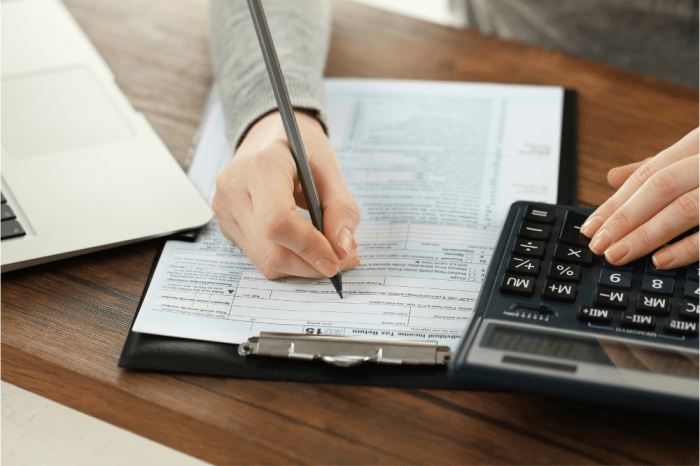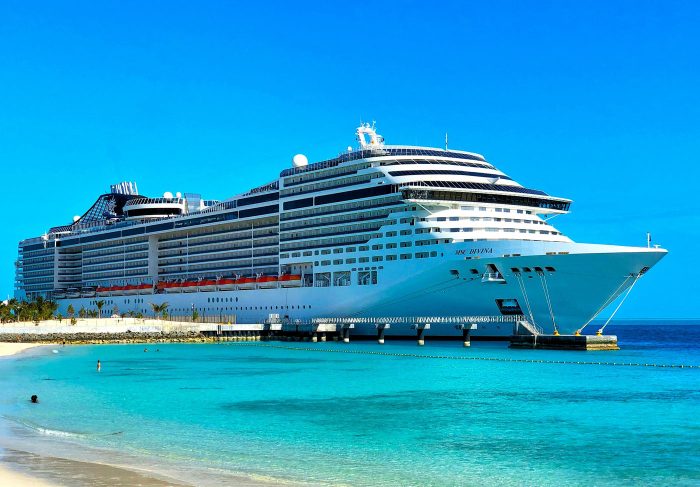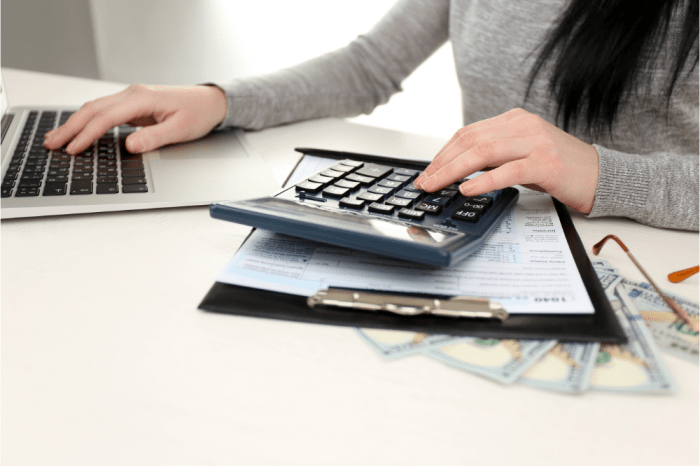Working on a Superyacht is one of the most exciting career choices there is.
From visiting amazing places and meeting awesome people to fabulous financial rewards, there’s so much to love about working as a Deckhand or Stewardess.
However, despite the glitz and glamour, there’s one thing you can’t escape from, no matter how exotic your next destination is – and that’s the dreaded tax return.
Completing a seafarer’s tax return is mandatory when it comes to working on a Superyacht (sorry!) – and if you don’t do yours, you could face some pretty severe penalties.
If you haven’t done one before, your first seafarer’s self-assessment can be a bit overwhelming. So, with that in mind, read on to find out what a seafarer’s tax return is and why you need to complete one…
What is a seafarer’s self-assessment tax return?
Self-assessment is a system that HM Revenue and Customs (HMRC) uses to collect income tax. Tax is usually deducted automatically from wages, pensions, and savings, but if you are self-employed, you need to complete a tax return each year and HMRC will then calculate the amount of tax you owe.
A seafarer’s self-assessment tax return is just like any other – but the difference is, as a seafarer, if you work outside of the UK for a minimum of one year (365 days) and are a UK resident, you could be eligible for a special tax deduction known as the Seafarer’s Earning Deduction.
How to complete your seafarer’s self-assessment tax return
If you are a UK resident with 365 days of qualifying work on a ship, the first thing you need to do is register for your self-assessment tax return.
In fact, if you are certain that you will spend more than 182 days outside of the UK over a rolling 365-day period, we recommend registering for your self-assessment before you leave. This is because HMRC will post correspondence to you containing set up codes you will need – which is much easier to organise at home in the UK rather than on a ship!
In order to complete your seafarer’s tax return and claim your Seafarers’ Earning Deduction, you will also need a combination of the following records:
- Air tickets or travel vouchers
- Copies of hotel bills and receipts
- Your passport and visas
- The freeboard logs for your ship(s)
- Your seafarer’s discharge book
Your tax return must be completed by the 31st of January following the start of the previous tax year on the 5th of April – which gives you nine months in total to complete and submit your return.

What happens if you don’t complete your seafarer’s self-assessment tax return
You’ll miss out on the Seafarer’s Earning Deduction
As we said above, the Seafarer’s Earning Deduction (SED) is a special tax legislation that makes seafarers exempt from paying income tax on overseas earnings (providing you meet the criteria).
The exemption came into effect in 2012 and enables you to claim 100% tax relief on the amount you earn due to the limited amount of time seafarers spend in the UK.
However, even now, many seafarers still fail to use the SED exemption, which means they are missing out on their earnings – so it’s really important to not only fill out your seafarer’s self-assessment, but to make sure you do so correctly!
You’ll have to pay late filing penalties
If you submit your tax return up to three months late, you’ll have to pay a fine of £100 to HMRC – even if your SED exemption means you don’t even have any tax to pay.
What’s more, after three months, HMRC can then impose an additional £10 fine for each extra day that you don’t submit your return for up to 90 days – which means you could end up with an additional £900 bill on top of your initial fine.
And, if you still don’t submit your return after this, you’ll be looking at even bigger fines.
Essentially, the longer you leave it, the worse the penalties become – so make sure you complete your seafarer’s tax return and file it on time!
You’ll have to pay interest payments as well
As well as paying fines for submitting your tax return late, you could also be charged interest on top. In fact, you could end up paying thousands in fines for not completing your tax return.
Without a doubt, one of the biggest benefits of working on a Superyacht is the salary you are paid – so it would be a huge shame to have to spend all of your earnings on late payment fines!
Worried about filing your seafarer’s self-assessment?
If you’re concerned about filing your seafarer’s self-assessment tax return, rest assured that help is at hand!
Filing out your return on your own can be complex and time-consuming – plus, if you want to ensure you qualify for your SED exemption, everything in your tax return needs to be completely error-free.
How we can help with your seafarer’s self-assessment
At Flying Fish, our registered tax agents can sort your seafarer’s tax return for just £210 a year, taking the stress out of your hands and saving you time – and money in the long run too!
Want to find out more about how we can help? Simply contact our team today and let us take care of your tax worries for you!






